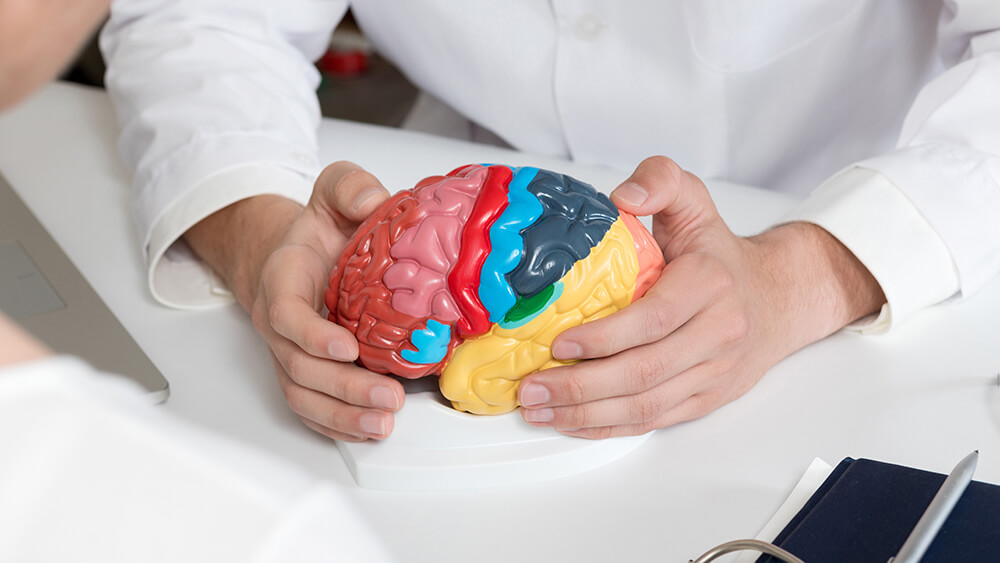Hearing Loss & Dementia
What’s the Connection?
The researchers found a strong association between hearing loss and an increased risk of cognitive decline and dementia. People with untreated hearing loss had a significantly higher risk of developing dementia compared to those with normal hearing. This risk was found to be two to five times higher depending on the severity of hearing loss! Individuals with hearing loss also experienced a more rapid decline in cognitive abilities, such as memory and problem-solving, compared to their counterparts with normal hearing.
The study also highlighted the role of social isolation in the link between hearing loss and cognitive decline. Hearing-impaired individuals were more likely to withdraw from social interactions, which can lead to feelings of loneliness and depression, both of which are associated with cognitive decline.
The Correlation Between Hearing Loss and Dementia
Hearing loss isn’t just about hearing the world around you.
Research is uncovering all the ways that hearing loss is related to your overall health and well-being, as well as your brain health. While we don’t know exactly what causes this, but the correlation is undeniable.
One of the landmark studies showing the link between hearing loss and dementia is the Baltimore Longitudinal Study on Aging conducted by researchers at the Johns Hopkins University School of Medicine. This study, published in 2011, sheds light on the connection between hearing impairment and cognitive decline.

Isolation and Cognitive Load

Brain Atrophy

Treating Hearing Loss
The good news is that treating hearing loss can be one of the best things you can do for your brain. Recognizing hearing loss and seeking treatment can reduce the risk of cognitive decline in the long run.
Regular hearing assessments can help detect hearing loss early. Our team of hearing health specialists is committed to providing thorough hearing evaluations. We’ll identify any concerns and create personalized treatment plans to help your ears and your brain. Hearing aids play a pivotal role in mitigating the impact of hearing loss on cognitive health.
How Hearing Devices Slow the Rate of Cognitive Decline
Hearing devices have emerged as a transformative tool in the battle against cognitive decline. Hearing aids are designed to amplify sounds and restore auditory input to the brain. This can alleviate the cognitive load associated with hearing loss, allowing the brain to reallocate resources to other cognitive functions.
Studies show that individuals who use hearing aids experience a slower rate of cognitive decline compared to those who do not! This is a compelling reason to consider hearing devices as part of your overall cognitive health strategy.

Hearing devices also facilitate improved communication, making it easier for individuals with hearing loss to engage in social activities. Enhanced social interaction helps maintain cognitive stimulation and emotional well-being.
Selecting the right hearing device is the key to enjoying the best cognitive and hearing outcomes. Our team of hearing health specialists will guide you through every step of the process. At Adept Audiology, we understand the profound impact that hearing loss can have on your cognitive health. Getting the right support, including regular hearing assessments and hearing aids, can help slow the rate of cognitive decline and improve your overall quality of life. Schedule a comprehensive hearing assessment with our expert team, and together we'll pave the way to better hearing and enhanced cognitive well-being.
Reach out today!

